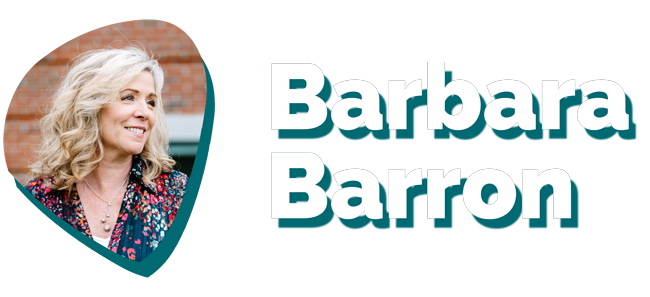by Barbara Barron | Posted April 24th, 2024 | Subscribe to this newsletter

Last week, I was writing a summary of a capital campaign just completed.
I do this to pull into one document the highlights (and low points) of a campaign. I recap key moments and decisions we made that changed the course of the campaign, and the surprises (both good and disappointing) that every campaign inevitably experiences.
This is a standard practice for me following a campaign, large or small. I do it to remind us of what we accomplished together, to record for future reference the smart choices we made, and to offer my recommendations for the school going forward. After all, a campaign should not only accomplish whatever project we set out to do and bring about at least the beginnings of the impact we imagined it would have. It should leave the school with expanded capacity. Greater capacity to raise money. Expanded capacity of skills and confidence among the staff and the volunteers. And deeper, more meaningful relationships with our supporters.
But I’ve always been a fan of the debrief. Former members of my teams will remember this. We’d do it following special events like galas or community celebrations. I’ve done it after important Board or committee meetings. Why?
Because there is huge value in capturing, while all the memories and impressions are fresh, what we did, what we wished we did, and what we learned.
It’s also a lovely way to engage key volunteers. A thank you coffee or lunch that begins with the capture of ideas and thoughts for going forward shows we care about these fine people not just for that past event, but to mine the gold of their ideas for the future. And likely, their continued support and involvement (if you want that!).
So here are some guidelines to help you make the most of this opportunity, and to keep it positive (instead of skidding off the road into a bitch session). Assign someone on your team to serve as a scribe so you can be the facilitator.
Have you subscribed to this newsletter yet? It only takes a minute.
How to Make the Most of Your Debrief
- Schedule the session in advance, even before the event itself. By letting those involved know you plan to hold this meeting, it will help them notice and remember what they want to bring to it.
- Start with positives. Hear from everyone about what they really liked, felt proud of, and were happily surprised by.
- Keep the scope of your questions defined. Don’t ask: “What did you think?” Instead, focus on specific aspects of the event that you actually want feedback on. For a gala, they are thoughts about:
- The venue
- The entertainment
- The auctioneer (if you had one)
- The program
- The food and drink
- Service
- Focus on things that could be improved going forward. “Focus” being the operative word.
- Don’t let one person hold forth and monopolize the discussion. Maybe ask for one idea for each person and do another round if needed.
- Be sure to thank each person — in a highly personal and specific way. Plan something to say to each member of the group that highlights what they added to the event that was remarkable.
- Was James a rock star managing a busy check-in?
- Did Mallory seem to be everywhere needed all night?
- Was Pat a magician in raising the sights of everyone at their table?
- Was Jess the very last person to leave, even helping with the clean up?
You get my drift.
Then, thank them again. And celebrate the achievement and revel in that nice feeling of being done! At least for now!
It’s worth it. You’ll have a better record when you need to plan something like this in the future. The people involved will experience that satisfying sense of closure for a job well done. And you will have provided a solid act of stewardship to your valued volunteers and team mates.
As always, thanks for everything you’re doing!

Barbara Barron
[email protected]
Share this post:

BARBARA BARRON is one of the most respected and highly sought-after independent advancement professionals in the country, having worked with dozens of schools in every corner of the United States.
She has raised over $20 million for schools where she served as the Director of Development. Barbara is a New York Times bestselling author, speaker, and presenter who currently advises dozens of schools in various capacities. She is considered a thought leader in the world of advancement, with her writing widely shared by professionals in development offices worldwide.
More Advancement Articles






